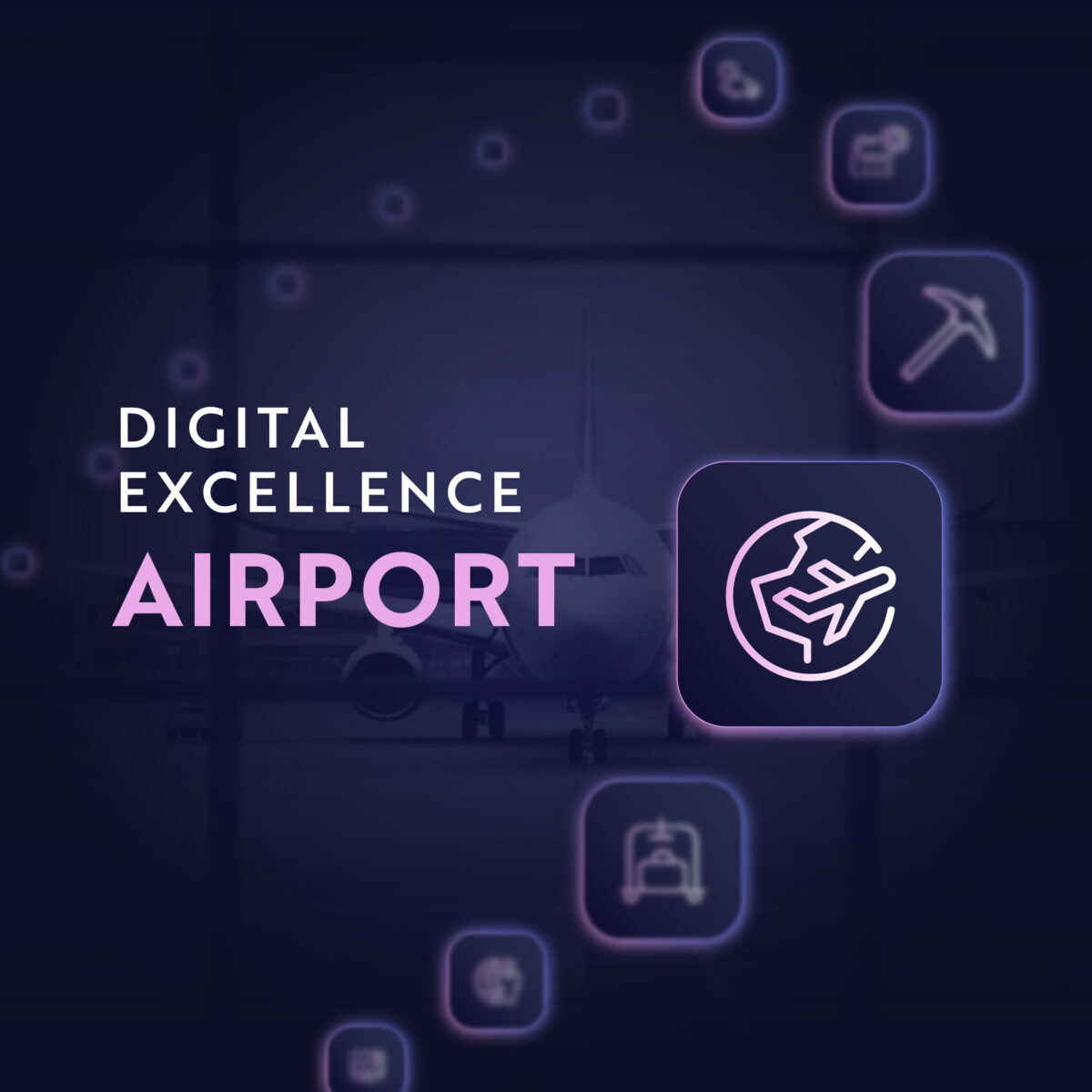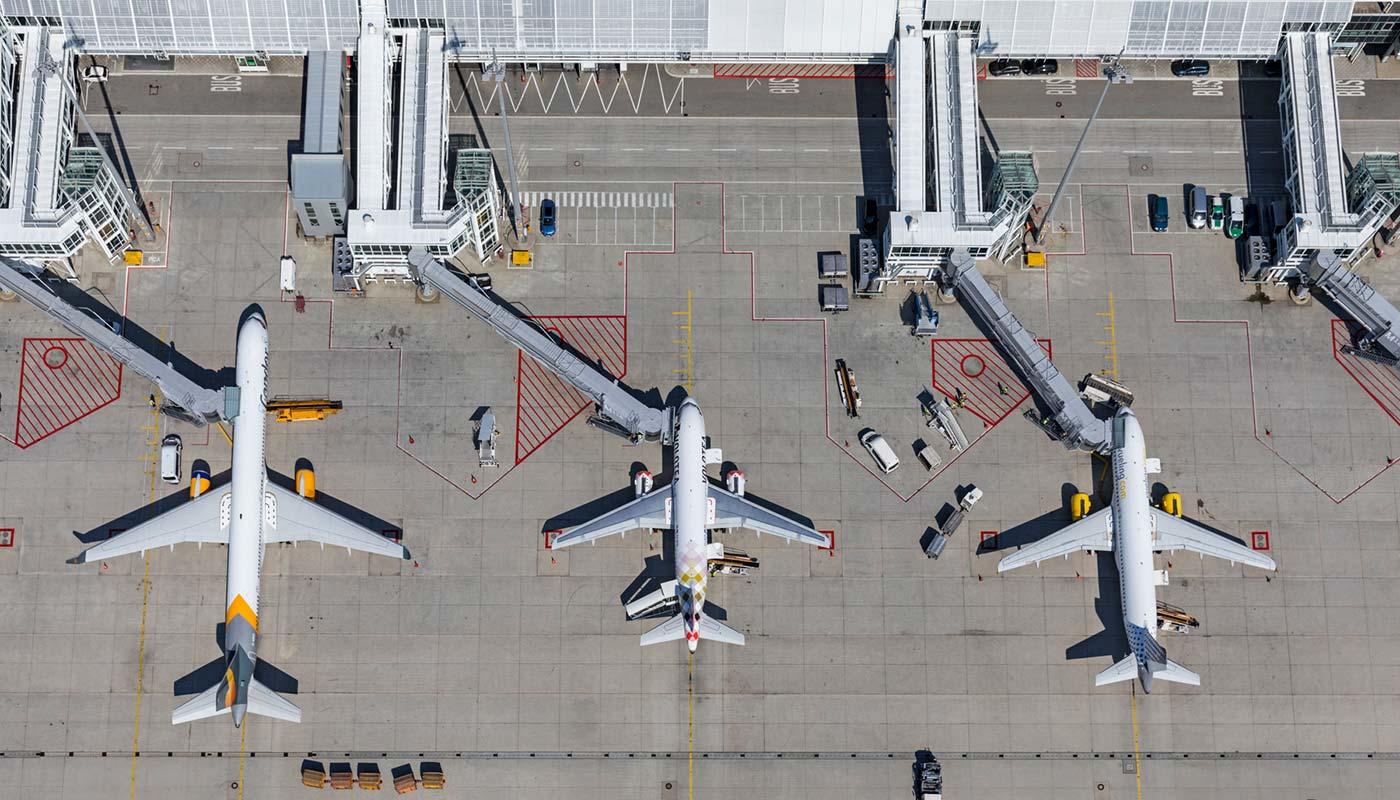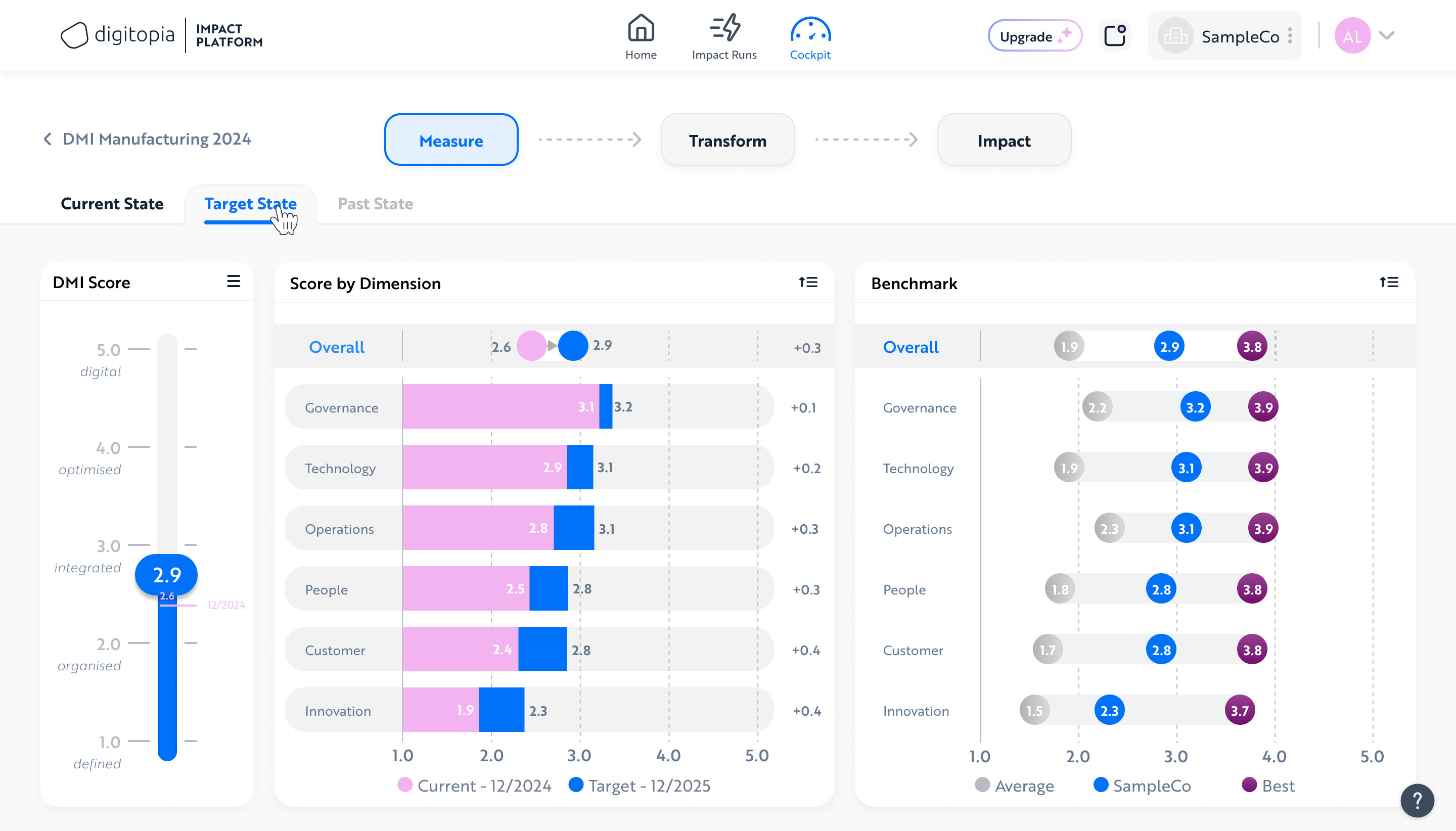
Leveraging Technology for Excellence in Airport Operations
- Internet of Things (IoT):
- Smart Infrastructure: IoT devices enable real-time monitoring of airport facilities, including lighting, HVAC systems, and security equipment, enhancing operational efficiency and reducing energy consumption.
- Asset Tracking: IoT sensors track the movement and status of baggage, equipment, and vehicles, improving logistics and reducing mishandling incidents.
- Artificial Intelligence (AI) and Machine Learning:
- Predictive Maintenance: AI algorithms analyze equipment data to predict maintenance needs, minimizing downtime and ensuring the reliability of critical systems such as baggage handling and boarding gates.
- Passenger Flow Management: AI-driven analytics optimize passenger flow through security checkpoints and boarding areas, reducing congestion and improving the overall passenger experience.
- Biometrics and Facial Recognition:
- Seamless Passenger Processing: Biometric technology streamlines passenger check-in, security screening, and boarding processes, reducing wait times and enhancing security.
- Touchless Interactions: Facial recognition and other biometric systems facilitate contactless interactions, improving safety and efficiency in the post-pandemic travel environment.
- Robotics and Automation:
- Automated Ground Services: Autonomous vehicles and robots assist with tasks such as baggage handling, cleaning, and security patrols, increasing efficiency and reducing labor costs.
- Self-Service Kiosks: Automated kiosks enable passengers to check in, print boarding passes, and manage luggage independently, speeding up the check-in process and reducing staff workload.
- Big Data and Analytics:
- Operational Insights: Data analytics provide insights into airport performance, enabling data-driven decision-making and process optimization.
- Capacity Planning: Analytics tools predict passenger demand and optimize resource allocation, improving airport capacity management and minimizing delays.
Benefits and Challenges of Excellence in Airport Operations
- Benefits:
- Enhanced Operational Efficiency: Digital technologies streamline airport operations, reducing costs, improving resource allocation, and increasing throughput.
- Improved Passenger Experience: Innovative solutions enhance convenience, reduce wait times, and improve the overall passenger journey, increasing satisfaction and loyalty.
- Increased Security: Advanced technologies improve security measures, enhancing threat detection and response capabilities.
- Challenges:
- Technological Integration: Integrating new digital technologies with existing systems requires careful planning and investment, particularly for older airports with legacy infrastructure.
- Cybersecurity Risks: The increased reliance on digital technologies exposes airports to cyber threats, necessitating robust security measures.
- Privacy Concerns: The use of biometrics and data analytics raises privacy concerns, requiring compliance with data protection regulations and transparent communication with passengers.
Excellence in Airport Operations: Strong Use Cases
- Predictive Maintenance in Airport Operations:
- Airports like Dubai International use AI and IoT to monitor equipment health and predict maintenance needs, reducing downtime and ensuring smooth operations.
- Biometric Passenger Processing:
- Airports such as Changi in Singapore have implemented biometric systems to streamline passenger processing, reducing wait times and enhancing security.
- Autonomous Baggage Handling:
- Heathrow Airport is exploring the use of autonomous vehicles for baggage handling, improving efficiency and reducing the risk of lost luggage.
Compelling Case Studies

Changi Airport: Biometrics for Seamless Travel
Changi Airport has implemented facial recognition technology across its terminals to enhance passenger processing. By enabling seamless check-in, security screening, and boarding, Changi reduces wait times and improves the passenger experience. This approach demonstrates the transformative potential of biometrics in modernizing airport operations.

Munich Airport: IoT-Enabled Smart Infrastructure
Munich Airport leverages IoT technology to monitor and manage its infrastructure in real time. By optimizing energy consumption, predictive maintenance, and asset tracking, Munich enhances operational efficiency and sustainability. This initiative highlights the impact of IoT in optimizing airport operations.
Main Recommendations
- Invest in IoT and AI Technologies:
- Prioritize investment in IoT and AI technologies to enhance real-time monitoring, predictive maintenance, and passenger flow management. Embrace data-driven decision-making to improve efficiency and service quality.
- Enhance Passenger Experience:
- Leverage biometrics and automation to streamline passenger processing and reduce wait times. Focus on improving convenience and safety to enhance the overall passenger journey.
- Utilize the Digital Maturity Index (DMI):
- Conduct regular DMI assessments to evaluate digital capabilities, identify gaps, and develop strategic roadmaps for transformation. Use these assessments to guide decision-making and prioritize initiatives.
- Strengthen Cybersecurity Measures:
- Implement robust cybersecurity strategies to protect digital assets and sensitive information. Ensure compliance with industry standards and regulations to safeguard against cyber threats.
- Address Privacy Concerns:
- Develop transparent data protection policies and communicate clearly with passengers about the use of biometrics and data analytics. Ensure compliance with privacy regulations to build trust and confidence.
Elevate Your Business Value in Airport Operations with Digitopia’s DMI Assessment
Digital Maturity Index (DMI) offers a comprehensive evaluation of your digital capabilities, tailored specifically for the retail industry. With actionable insights and benchmarking against industry peers, you can identify key growth areas, chart a clear path to digital excellence.
Conclusions
The airport operations industry is undergoing a digital transformation that presents both challenges and opportunities. By embracing digital technologies and focusing on efficiency and passenger experience, airports can unlock significant business value and maintain a competitive edge. Executives must prioritize digital transformation initiatives and leverage tools like the Digital Maturity Index to guide their journey toward digital excellence in airports. In doing so, they can drive sustainable growth and profitability while delivering exceptional service in a rapidly evolving travel landscape.





















